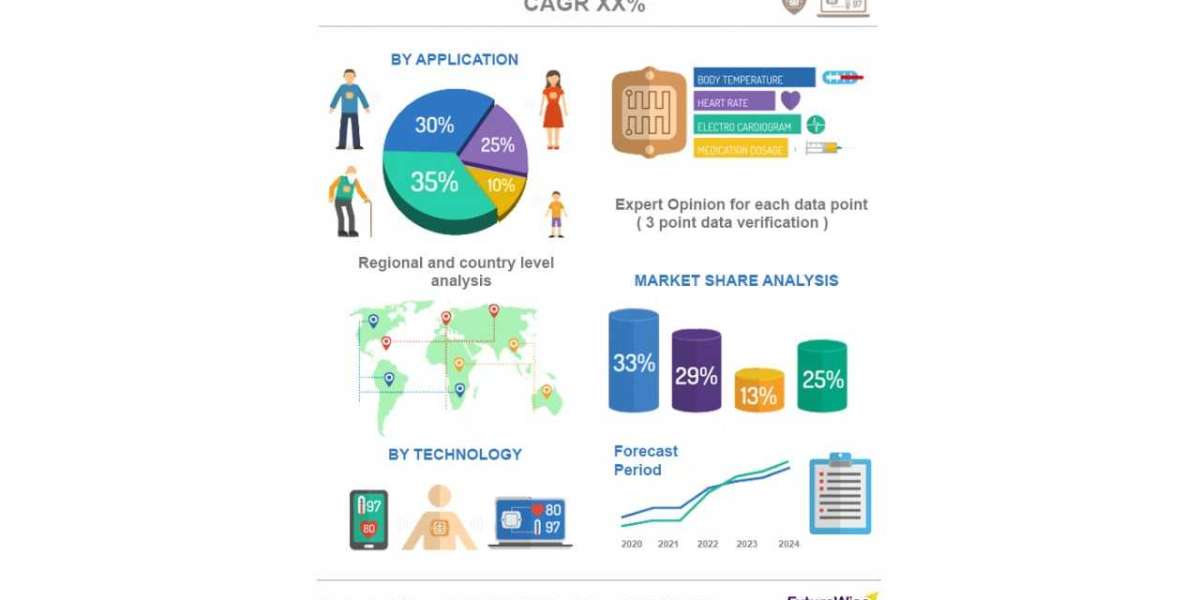In today’s fast-paced business environment, operational efficiency and customer satisfaction are more critical than ever. Companies that rely on mobile or field-based operations face unique challenges in coordination, communication, and resource tracking. This is where field service management (FSM) becomes a game-changer. By integrating technology, data, and real-time communication, FSM empowers businesses to streamline operations, improve service quality, and enhance overall productivity.
What Is Field Service Management?
Field service management refers to the strategic coordination of employees, assets, and resources operating outside a central office. It includes work order management, scheduling, dispatching, tracking, and reporting. Modern FSM solutions often leverage cloud software, mobile applications, GPS tracking, and analytics. By equipping field employees with the right tools and data, businesses can ensure that operations are executed efficiently, accurately, and on time.
Driving Operational Efficiency
One of the most significant advantages of service management is increased operational efficiency. Intelligent scheduling and optimized route planning reduce idle time and travel costs.
Field employees can focus more on completing tasks rather than handling administrative duties. This streamlined workflow, supported by effective workforce management, not only enhances productivity but also improves employee satisfaction. With a well-structured FSM system, businesses can quickly respond to urgent requests and unexpected challenges, minimizing downtime and service delays.
Enhancing Customer Experience
Customer satisfaction is closely tied to timely and professional service delivery. FSM allows businesses to provide real-time updates on service progress, accurate arrival estimates, and direct communication with technicians. Customers feel informed and valued, fostering trust and loyalty. By consistently delivering high-quality service, companies strengthen their reputation and encourage repeat business, directly contributing to growth and revenue.
Optimizing Resource Allocation
Efficient resource management is another critical benefit. Companies can assign the right personnel based on skills, availability, and location. They can also monitor equipment usage, track inventory, and maintain service readiness through integrated employee performance review processes.
By reducing waste and ensuring resources are deployed strategically, businesses can lower operational costs and improve profitability. Data-driven dashboards provide managers with valuable insights into performance trends, employee efficiency, bottlenecks, and optimization opportunities empowering continuous improvement across the organization.
Leveraging Real-Time Tracking and Analytics
Modern FSM platforms include advanced tracking and analytics features. GPS-enabled devices monitor technician locations, job completion, and route efficiency. Predictive analytics forecast peak demand periods, recurring issues, or potential delays. With these insights, companies can proactively plan operations, allocate resources effectively, and maintain high service standards. Real-time data empowers management to make strategic decisions that drive growth and continuous improvement.
Integration with CRM and Business Systems
FSM solutions often integrate seamlessly with Customer Relationship Management (CRM) systems. Historical service data, customer preferences, and feedback inform scheduling, follow-ups, and personalized service delivery.
Integration ensures consistent communication across customer touchpoints, enhances client relationships, and allows companies to anticipate needs effectively. This connected ecosystem strengthens brand reliability and positions businesses for long-term growth.
Implementation and Best Practices
Implementing FSM requires careful planning and training. Companies must standardize workflows, ensure compatibility with existing systems, and engage staff in adopting new processes. Selecting scalable software that evolves with business growth is crucial. Regular feedback, continuous process improvement, and employee support maximize the return on investment. When executed thoughtfully, field service management becomes a strategic advantage rather than a mere operational tool.
Conclusion
In today’s competitive market, FSM is no longer optional. It streamlines operations, enhances customer satisfaction, and improves resource utilization. Businesses that embrace FSM can respond faster to market demands, empower employees, and deliver exceptional service. Ultimately, FSM transforms field operations into a strategic driver of growth and productivity, positioning companies for long-term success.
FAQs
Q1. What is field service management?
Field service management is the strategic coordination of mobile workforce operations, including scheduling, dispatching, tracking, and reporting to improve efficiency and service quality.
Q2. How can field service management improve productivity?
By optimizing routes, assigning tasks intelligently, and providing real-time tracking, field service management ensures that employees and resources are used efficiently, boosting productivity.
Q3. Can small businesses benefit from field service management?
Yes, field service management helps small businesses streamline field operations, reduce operational costs, improve customer satisfaction, and compete effectively with larger companies.







